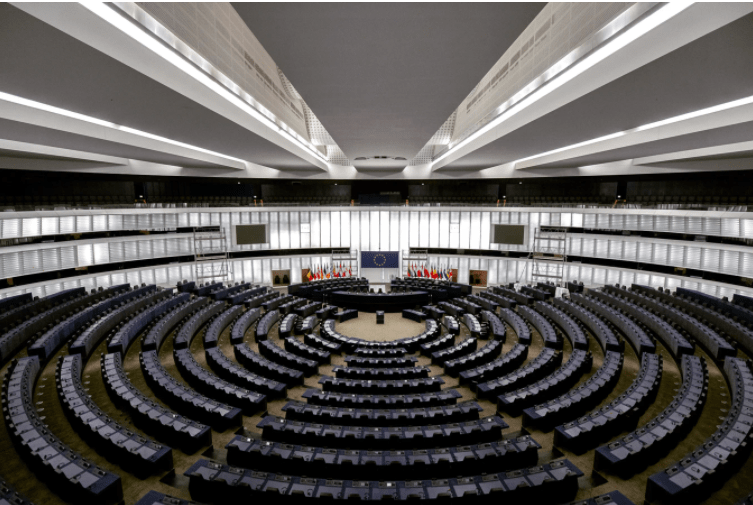Our take on the European Parliament’s Initiative Reports on the Digital Services Act
At the end of this year, the European Commission will present its legislative proposal on the Digital Services Act. In the last week three European Parliament’s committees on the Internal Market, (IMCO) Legal Affairs (JURI) and Civil Liberties (LIBE) adopted their positions on the Digital Services Act. The DSA will affect over 10,000 platforms in Europe. We believe that kickstarting the EU economy post-COVID-19 works best when we leverage our startups in the process by designing startup-friendly updated liability rules.
While the European Commission is not obliged to follow the Parliament’s recommendations, these reports set the tone for the parliament’s priorities and red lines. It’s a way for the Parliament to give its inputs to the European Commission before the draft legislation is released. On Monday, the IMCO committee in the European Parliament adopted its Own Initiative Report on the DSA, led by MEP Alex Agius Saliba. For startup entrepreneurs, the Digital Services Act is an opportunity to provide the digital and green recovery we thrive for post-COVID-19 and take a big step to making Europe the scale-up continent.
Dear policy makers, here is how you can use the Digital Services Act to build this scale-up continent:
📍Limited Liability Exemption: Platform startups should not be liable for the illegal activities of their users. This principle should also be valid for marketplace platforms, which focus on connecting users and providing value to society. The Intermediary Liability Exemption is a key foundation for an open and free platform economy. To effectively remove illegal content online, the Digital Services Act is a chance for the EU to provide an harmonised, easy-to-implement notice and action mechanism for startups. The ban on general monitoring should also be preserved, as it gives startups the legal clarity they need to operate their services.
📍The Country of Origin principle or Internal Market clause is a cornerstone principle of a functioning, non discriminatory Internal Market. It is adamant for startups to have the legal certainty that they need to scale-up, otherwise startups have to scale-up 27 times in Europe.
📍Startups bring value to consumers by offering choice: be it food delivery or dating apps. The European Union should not build a liability protection that favours incumbents and makes it harder to challenge established players. Any new provisions on transparency, business customers and consumer protection should not undercut the connectivity advantages the digital economy can provide, for instance by exposing startups to broad liability. Rigid KYBC requirements could burdersome the ability start up in the first place. Startups rely on consumers, it is in their interests to provide them with the information and services they need.
Europe has more startups than ever, they play a key role in the digital economy and meet new societal needs. We have witnessed startups rise to the COVID-19 challenge, providing solutions to consumers and patients across the world. Many struggle to scale up and challenge the larger, more established players. For that reason, we call on policy makers to enable startups to grow the economy by designing a Digital Services Act that is startup-friendly.

